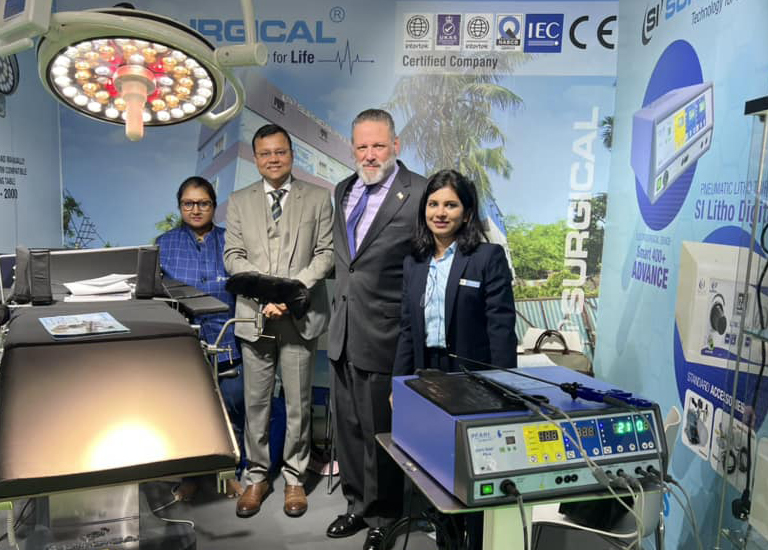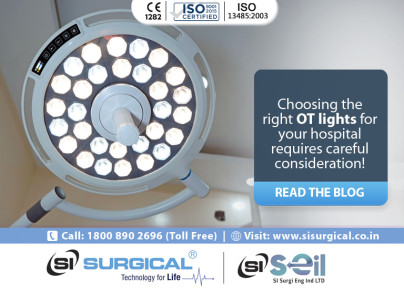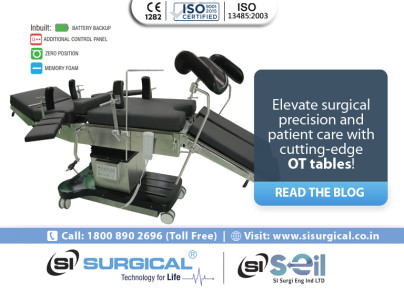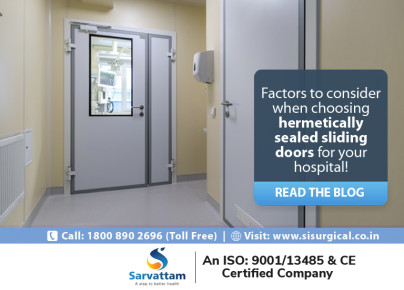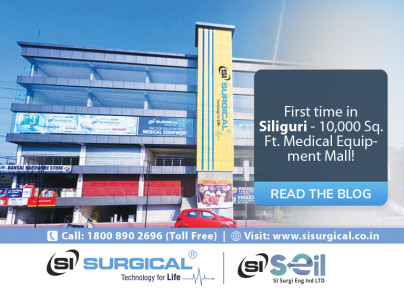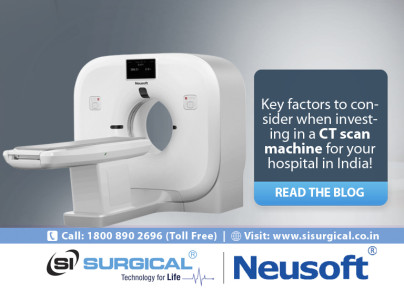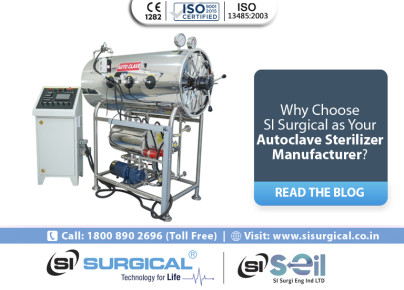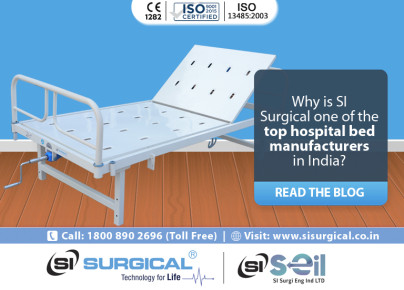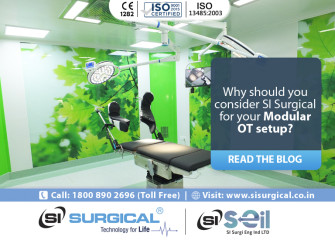Factors to consider when buying quality medical devices!
When buying quality medical devices, it's crucial to consider a variety of factors to ensure that the devices meet regulatory standards, are safe for use, and provide accurate and reliable results. Here are key factors to consider:
Regulatory Compliance:
Verify that the medical device complies with regulatory requirements in the country where it will be used. This may include approvals from regulatory agencies such as the FDA in the United States or the CE mark in Europe.
Quality Standards:
Check if the medical device adheres to internationally recognized quality standards such as ISO 13485. This standard ensures that the manufacturer follows a comprehensive quality management system specific to medical devices.
Clinical Validation:
Look for evidence of clinical validation studies that demonstrate the device's efficacy and safety in real-world healthcare settings. This is particularly important for diagnostic and treatment devices.
Supplier Reputation:
Choose devices from reputable manufacturers with a history of producing high-quality products. Research the manufacturer's reputation, customer reviews, and any recalls or safety issues associated with their devices.
User-Friendly Design:
Assess the device's user interface and overall design for user-friendliness. Intuitive design can reduce the risk of errors during operation and improve overall usability.
Training and Support:
Evaluate the availability of training and educational resources provided by the manufacturer. Adequate training is essential for healthcare professionals to use the device effectively. Additionally, ensure that reliable technical support is available.
Compatibility:
Check if the device is compatible with existing healthcare infrastructure and systems in your facility. Compatibility issues can lead to integration challenges and decreased efficiency.
Data Security and Privacy:
Consider the data security features of the device, especially if it involves the collection and storage of patient information. Ensure that the device complies with relevant data protection and privacy regulations.
Maintenance Requirements:
Understand the maintenance requirements of the device, including recommended schedules for calibration and servicing. Devices with clear maintenance protocols are more likely to provide reliable results over their lifespan.
Cost of Ownership:
Evaluate the total cost of ownership, including initial purchase costs, ongoing maintenance, consumables, and potential upgrades. Consider whether the long-term benefits justify the investment.
Durability and Reliability:
Assess the durability of the device and its components. Reliable devices are less likely to experience breakdowns or malfunctions, minimizing disruptions in healthcare delivery.
Scalability:
Consider whether the device can scale to meet evolving healthcare needs. Scalable devices allow for future expansions and upgrades without significant disruptions.
Feedback from Users:
Seek feedback from healthcare professionals who have hands-on experience with the device. Their insights can provide valuable information about the device's performance in real-world settings.
Environmental Impact:
Consider the environmental impact of the device, including energy efficiency, recyclability, and adherence to environmental regulations.
Warranty and Service Agreements:
Review the warranty terms and service agreements provided by the manufacturer. A comprehensive warranty and reliable service agreements can provide added assurance of ongoing support and maintenance.
By carefully considering these factors, healthcare providers can make informed decisions when purchasing medical devices, contributing to the delivery of high-quality and safe patient care.

